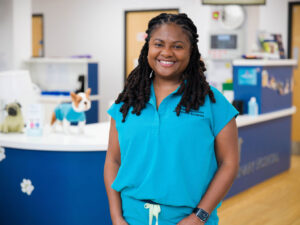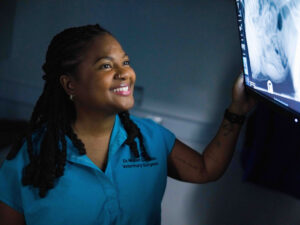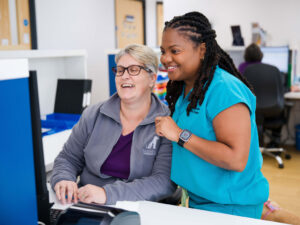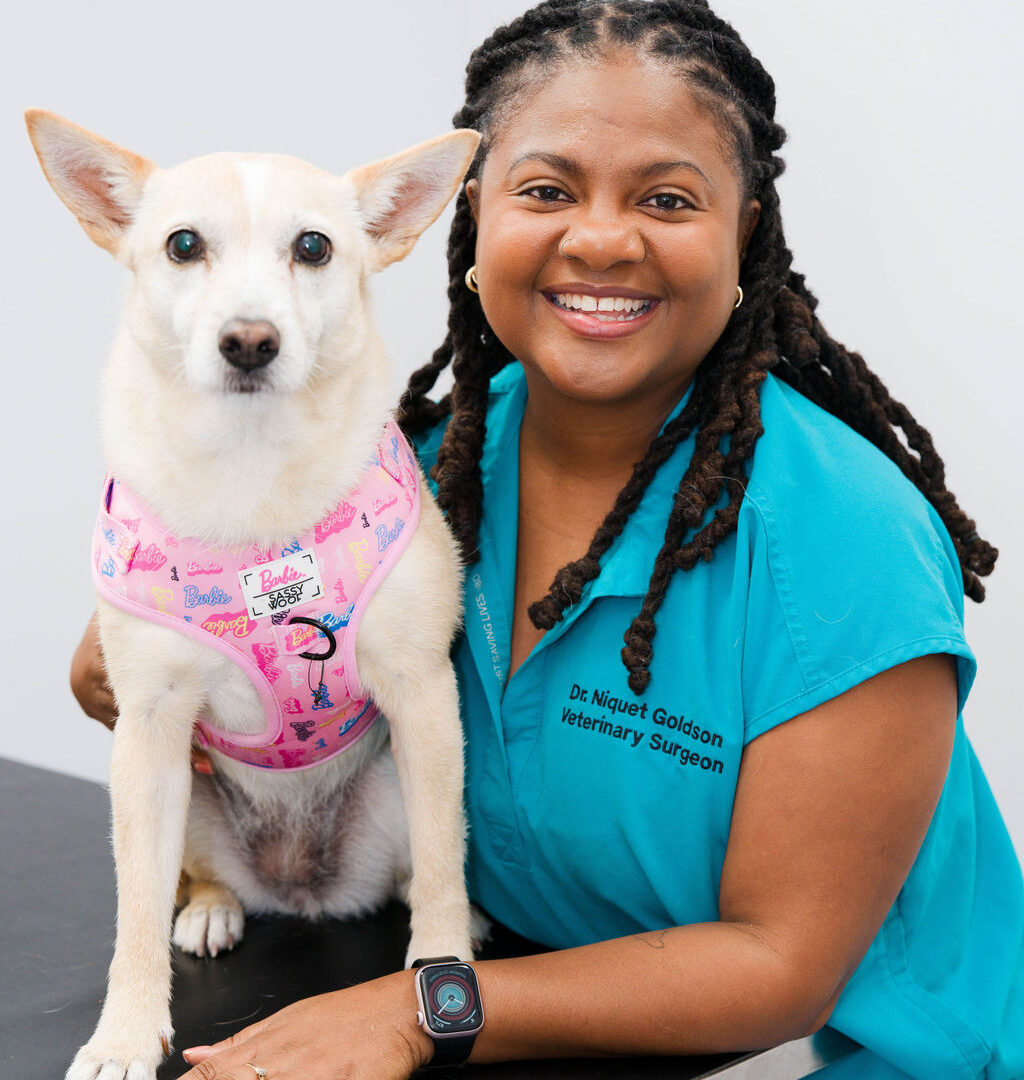October is Black History Month in the UK – an annual commemoration of the history, achievements, and contributions of Black people in the UK and around the world.
It’s aim is to promote knowledge and understanding of Black history and culture, as well as to celebrate the positive role Black people have played in shaping British society.
I GREW up in Jamaica, where Black History Month isn’t something we set aside one month to commemorate – it’s the backdrop to our daily lives.
While the United States has Black History Month in February, we Jamaicans dedicate that month to something closer to our hearts: Reggae Month.
 It’s a time to honour the legacy of icons like Bob Marley, Alton Ellis, Marcia Griffiths and the countless artists whose music gave voice to struggle, hope, and identity. As a music lover, I gravitated to that celebration.
It’s a time to honour the legacy of icons like Bob Marley, Alton Ellis, Marcia Griffiths and the countless artists whose music gave voice to struggle, hope, and identity. As a music lover, I gravitated to that celebration.
Back home, I never felt the need for a dedicated month to reflect on my Blackness.
I celebrated Black history every day without even thinking about it. I rejoiced in the triumphs of my people, stood in quiet reflection during our losses, and never questioned the space I occupied.
I was surrounded by Black faces, familiar dialects, food with such amazing memories and feelings connected and some wicked (really good) riddims on the radio. I belonged. I was home. And then I moved to the UK.
The UK is the first country I’ve lived in where I became a minority. It’s a subtle but profound shift that reshaped how I saw myself and my culture. Suddenly, the things I had taken for granted – familiar faces, sounds and foods – were no longer in abundance.
I found myself in spaces where I was sometimes the only Black face in the room. My accent stood out. My cultural references landed with a thud. And for the first time, I came face to face with what it really meant to be different.
 It was jarring, at first. But as the years passed, my Jamaican identity was still very much intact.
It was jarring, at first. But as the years passed, my Jamaican identity was still very much intact.
The “Black” in my flag – black, green and gold – stands for the strength, resilience and creativity of our people. That strength and resilience are always with me. Being Black in Britain has made me more intentional about reflecting on our history, particularly the stories of Black Caribbean people whose contributions to the United Kingdom and the world at large have often been overlooked.
Through this journey, I’ve learned about the Windrush generation – my ancestors in many ways -who were invited to the UK to help rebuild after World War II, only to face hostility and exclusion.
I’ve learned about Mary Seacole, the Jamaican nurse who cared for British soldiers during the Crimean War, and whose legacy is only now getting the recognition it deserves. I’ve come to admire Stuart Hall, the father of cultural studies, and Diane Abbott, the first Black woman elected to Parliament.
 There’s also the celebration of black joy. Notting Hill Carnival, which began as a way to ease racial tensions in the 1960s, is now a vibrant annual showcase of Caribbean culture. And contemporary voices like Adjani Salmon, the Jamaican filmmaker behind Dreaming Whilst Black, are telling our stories with nuance, humour, and truth.
There’s also the celebration of black joy. Notting Hill Carnival, which began as a way to ease racial tensions in the 1960s, is now a vibrant annual showcase of Caribbean culture. And contemporary voices like Adjani Salmon, the Jamaican filmmaker behind Dreaming Whilst Black, are telling our stories with nuance, humour, and truth.
Black History Month in the UK, observed in October, feels different from what I imagined it would be.
It’s not just about looking back; it’s about reclaiming space, celebrating identity, and ensuring that the contributions of Black people, especially from the Caribbean, aren’t erased or forgotten.
So yes, I grew up with Reggae Month. But now, I understand the power of Black History Month. Not because I need a reminder of who I am, but because I now live in a place where, sometimes, others do.
Dr Niquet Goldson MRCVS PgCert Emerg (WBIS) is an experienced veterinary surgeon with a postgraduate certification in Emergency and Critical Care. She graduated from the University of the West Indies (St Augustine), Trinidad in 2010, and has since practised in Jamaica, Sint Maarten, and Anguilla.
In 2018, she relocated to the United Kingdom, where she currently serves as an emergency and critical care clinician in Surrey.
Outside of her clinical work, Dr Goldson is also involved in the reggae music industry and regularly tours internationally with award-winning reggae artistes.
